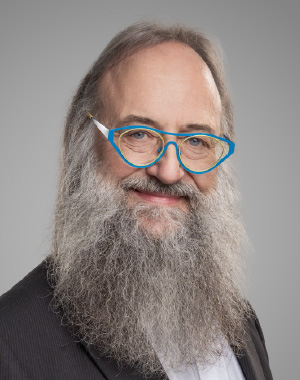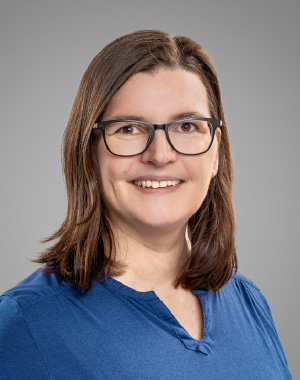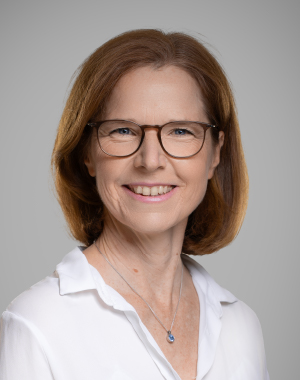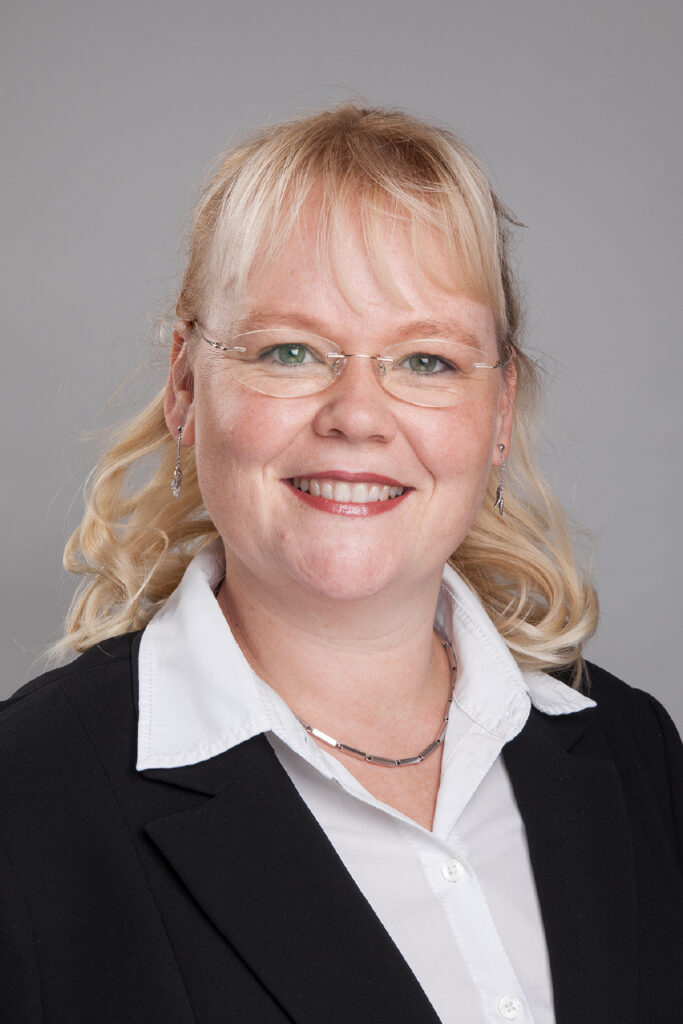12.11.2024
Cellulose Fibres Conference 2025 – New with Biosynthetics: Meet the Next Generation of Sustainable Fibre Technologies
The upcoming conference on 12-13 March 2025 in Cologne, Germany, will pave pathways to a sustainable textile industry – Preliminary program released
Hürth, 12 November 2024: Over the past few weeks, the Conference Advisory Board, and the experts from the nova-Institute, have thoroughly reviewed and evaluated over 40 submitted abstracts. The selected external experts bring new insights and perspectives from the pulp, fibre and further developing industries, promising to spark and deepen discussions at the event. Their expertise across the entire fibre value chain will enrich the topics covered and ensure a dynamic and insightful exchange of ideas. The presentations will provide a platform for the discussion at the conference after each session, and the Advisory Board members will foster a lively debate to drive innovation industry-wide.
Find out more about the Advisory Board here: cellulose-fibres.eu/advisoryboard
Biosynthetics on the rise
Besides cellulose fibres, bio-based polymer fibres ("biosynthetics") are an excellent option to reduce fossil fibres in textiles. Biosynthetics offer a powerful alternative to traditional synthetic fibres, bringing both performance and technical properties that make them drop-in replacements. Derived wholly or partially from natural, renewable sources like lactic acids, sugar beet, sugarcane or wood, biosynthetics represent a bio-based option compared to fossil-based counterparts. In a special session “Biosynthetics - Replacing Traditional Synthetic Fibres”, experts will explore the latest advances, challenges and opportunities in the field. Discussing innovative approaches like biosynthetics is essential to drive sustainable transformation within the fashion and textile industries.
Fibre-to-Fibre Recycling: A Path to a Sustainable Textile Industry
The textile industry is at a crucial crossroad. The need for sustainable solutions to meet the EU's ambitious climate change targets is becoming increasingly urgent. Fibre-to-fibre recycling, which transforms discarded textiles into new, virgin fibres, holds great promise for reducing waste and resource consumption and helps to close the loop in textile production. While Europe has made progress in this area, challenges remain – in particular the management of mixed fibre textiles and the scaling up of recycling technologies. As new approaches are needed to tackle climate change, one session of the conference will focus on fibre-to-fibre recycling from textiles, exploring the latest innovations and technological advances, as well as the opportunities and barriers that need to be addressed to move the industry towards a circular, sustainable future.
Fibre Microplastic Formation versus Marine Biodegradability
The environmental impact of textiles extends far beyond landfill, with microplastics from synthetic fibres becoming a growing concern in marine ecosystems. A session at the conference will focus on the complex relationship between microplastic formation and marine biodegradability. While synthetic fibres shed microplastics during washing, these tiny particles, known as microfibres accumulate in the oceans and pose a serious threat to marine life. This session will explore the factors that influence fibre degradation in the marine environment and examine the potential of biodegradable fibres to reduce long-term pollution. Leading research institutes will discuss the challenges of balancing the prevention of microplastics with the development of fibres that can degrade naturally in marine ecosystems, and provide insights into innovative solutions that could help mitigate this pressing environmental issue.
Innovation Award “Cellulose Fibre Innovation of the Year 2025”
The nova-Institute, together with GIG Karasek, is looking for the best fibre innovations of the year. Applicants from the area of cellulose fibres as well as biosynthetics are welcome to submit their innovations. Technologie providers, research institutes or producers can apply until 30 November 2024. The innovation award “Cellulose Fibre Innovation of the Year 2025” is sponsored by GIG Karasek.
Apply for the “Cellulose Fibre Innovation of the Year 2025” award here: cellulose-fibres.eu/award-application
Call for Posters
The poster exhibition is a highly anticipated scientific event at the conference, especially for early career scientists. Poster submission is open until 31 January 2025.
cellulose-fibres.eu/call-for-posters
The preliminary program and all information on registration, sponsoring and exhibition is available on cellulose-fibres.eu













